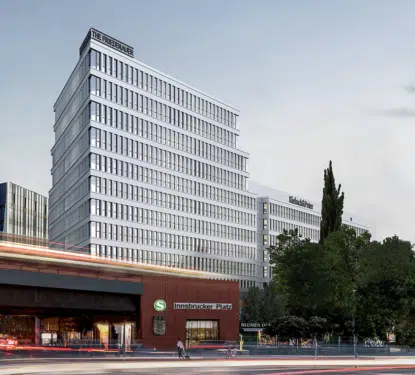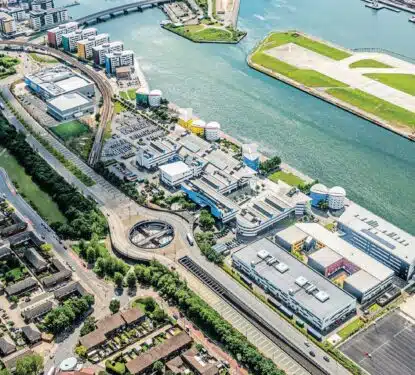With enough sensors and data processing power it is theoretically possible to understand almost every problem, conflict and desire in a city. From that point it is simply a matter of implementing solutions that best serve those elements. There is space for innovation at every level and as new technology emerges it provides new opportunities for improvement. Enacting and staying on top of all these aspects would create the perfect smart city, theoretically. In reality, things are very different. A number of issues, not least cost and privacy, prevent the omnipresence of sensor technology, meaning data used to plan a smart city is incomplete. Implementation of solutions and strategies is inevitably tied up in bureaucracy, often misrepresents the desires of the citizens and is usually burdened by cost. The smart city may promise to create urban utopias but the reality is that cities are creating almost as many problems as they are solving in the […]
Most Popular Articles

Kieback&Peter’s 2025 Minority Investment from Trane Strengthens their European Position
This Research Note examines the recent announcement by Trane Technologies to acquire a minority stake in Kieback&Peter. We highlight the transaction details, the target firm profile, and financials before assessing the strategic rationale of the acquisition. Transaction Details On 22nd October 2025, Trane Technologies announced a definitive agreement with Kieback&Peter Group (K&P), a European leader in […]

Salto Systems Accelerates Beyond Access Control: 4 Strategic Investments
In this Research Note, we examine the Salto Systems business, based on their 2024 revenues and milestones, product innovation and strategic minority investments in 2024 and 2025. Founded in 2001 and headquartered in Oiartzun, Spain, Salto Systems is one of the market leaders in electronic locking and access control solutions across a broad range of […]

Siemens Advances Net-Zero Strategy: 3 UK Universities Deploy Smart Building Tech
In this Research Note, we examine Siemens solutions portfolio for smart campuses and highlight three major deployments of decarbonization technologies at UK university campuses in London, Birmingham, and Kent. Siemens Buildings business in the UK has implemented a range of solutions including energy audits, lighting replacement, building management system upgrades, solar energy & heat pump […]
